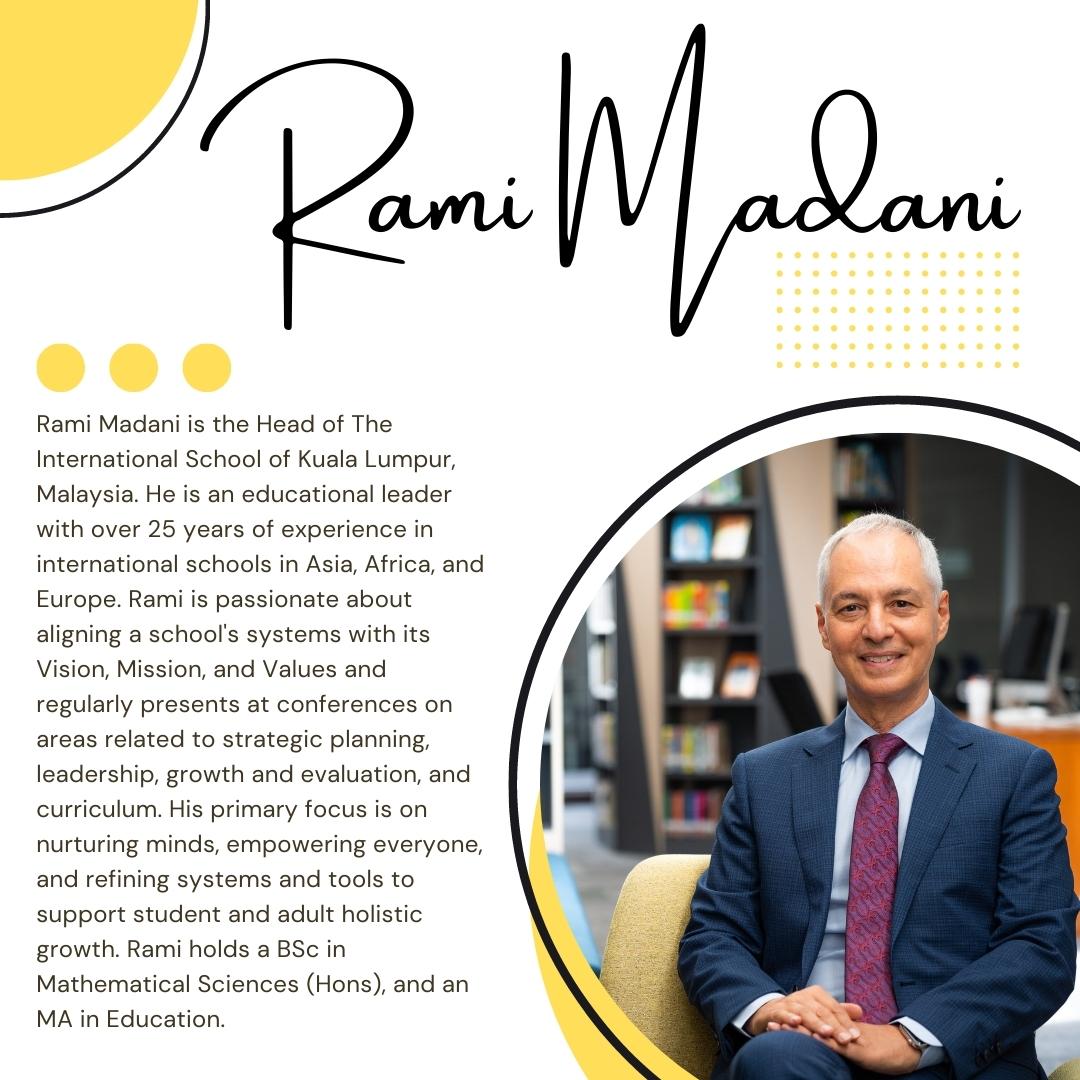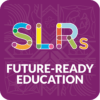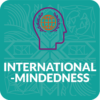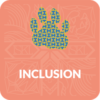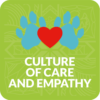We all have the same long-term goals for our children. We want them to lead happy, successful lives. We want them to enjoy fulfilling relationships, have a career they are passionate about, and contribute to creating a better world. This is also the long-term Vision we have for each of our students here at ISKL and forms the basis of the Mission we hold ourselves accountable to each day.
Our school’s Values – Empathy and Care, Equity and Inclusion, Collective Efficacy, and High Expectations – are an essential ingredient in fulfilling ISKL’s Vision and Mission. They act as a guide for every community member – students, parents, faculty, and staff alike, creating a finely balanced internal ecosystem that forms the foundation of who we are as a school – our beliefs, attitudes, and the behaviors that we expect of ourselves and each other every day.

But why these Values? What makes them unique? The answer is research – each was selected as a result of an extensive research program ISKL conducted into how to best cultivate the right environment, culture, and practices that will enable our students to learn and develop the lifelong skills and dispositions that are essential for academic and personal growth and success.
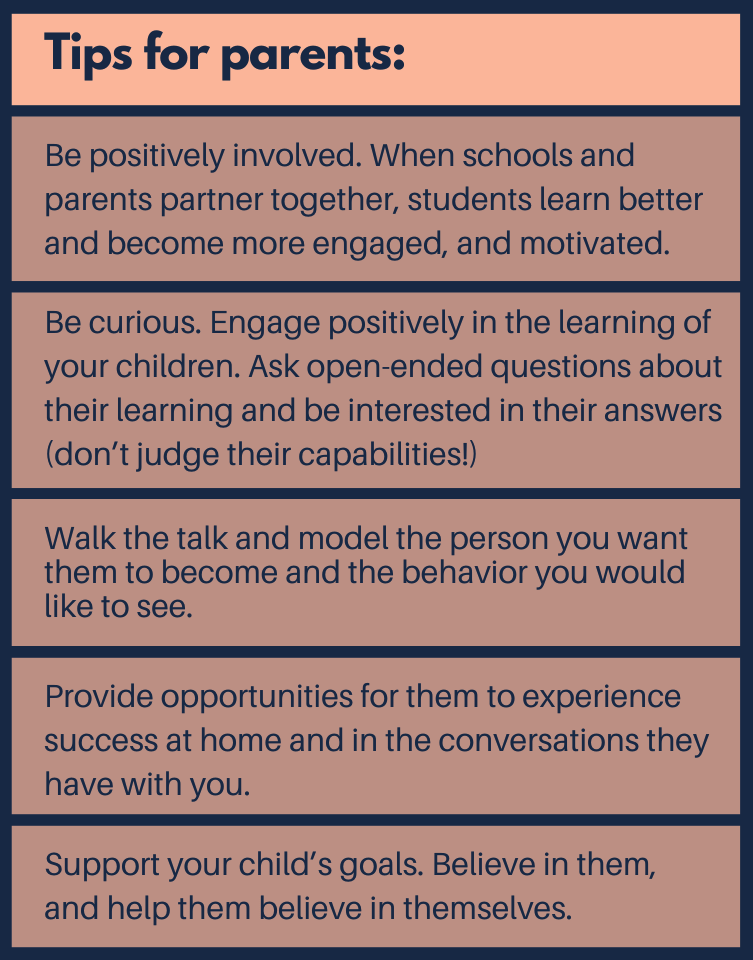 For example, our focus on Collective Efficacy and High Expectations is based on one of the world’s largest evidence-based studies into teacher effectiveness led by a luminary in education, Professor John Hattie.
For example, our focus on Collective Efficacy and High Expectations is based on one of the world’s largest evidence-based studies into teacher effectiveness led by a luminary in education, Professor John Hattie.
Hattie’s analysis of over 80,000 studies involving more than 300 million students found that Collective Efficacy was the number one most impactful strategy influencing student achievement. It describes the belief by teachers that they can collectively improve student learning and emphasizes the importance of collaboration between teachers in achieving learning outcomes. The more effective teachers are in their collaboration, the better students learn and in turn the better teachers become.
The second most effective strategy was High Expectations, with research finding that students with high expectations of themselves, who believe in their capabilities, and who are hopeful (hope is a critical factor in achieving success) are far more like to do well and attain their goals. Their expectations are, of course, influenced by various factors, one of the most important being the engagement of parents in their child’s learning and hence our school’s focus on the strength of our parent-school partnership.
Using this research as a basis, ISKL’s programs, common practices, support structures, and culture have been designed to foster both collective efficacy and high expectations, creating a learning environment where students are motivated and supported in their goals by teachers committed to helping them achieve their potential.
We also know from a broad range of research studies that students flourish when teachers provide unconditional Empathy and Care (regardless of academic abilities and performance), when students have opportunities to experience success, and when teachers are skilled at coaching students through unproductive behavior. Three factors underpin our approach to teaching and learning both in and out of the classroom.
Teaching with empathy and care does not mean we have lower expectations for our students or that we don’t hold them accountable for their actions – it does mean that our teachers support and coach their students without withdrawing their empathy and care. In addition to having a direct impact on student success by helping to build self-esteem, self-belief, and agency, it is also an essential component in creating a safe and nurturing learning environment, which in turn fosters learning, personal growth, and success.
Research also tells us that creating the right culture and environment by nurturing student identity and sense of belonging (Inclusion) and designing learning so that each student has access to what they need to be successful (Equity) are critical to building self-knowledge and self-esteem, and positively impact social behavior, academic, and personal growth.
Our commitment to equity and inclusion is embedded within all that we do from our school-wide intervention-based support service that ensures every student has access to the individualized help they need to our focus on Social and Emotional Learning and DEIJ practices. Across all grades, students are supported in developing their intra-personal skills (self-awareness and self-regulation of emotions), interpersonal skills (social and cultural awareness, developing caring relationships), and understanding of how to act in ways that result in ethical impact for self, others, and the environment. All of which contribute to our inclusive culture and community.
Just as the research behind our Values is important, so too is getting the balance between them. One Value cannot work at the expense of the other – they are designed to each work together to create the optimum learning environment and culture needed not only to support academic growth but also to help our students develop the lifelong skills and dispositions they will need in the future to find meaning, purpose, and fulfillment in their lives.
